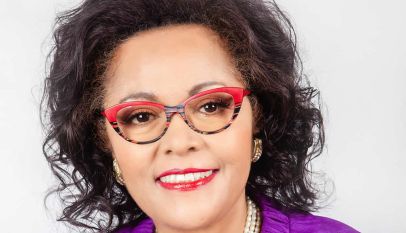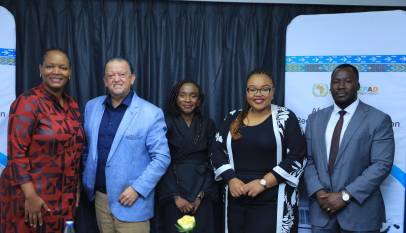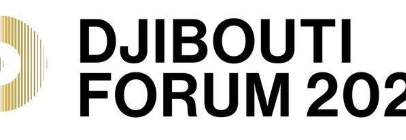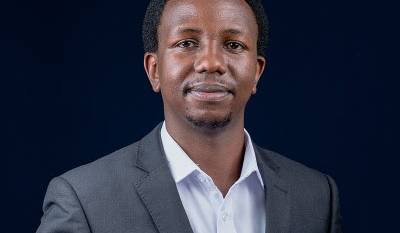Nigeria civil society forum on SDGs holds first national conference
The Civil Society Forum Advance Forum on Sustainable Development (CAS2030), an alliance of civil society organisations monitoring the implementation of the Sustainable Development Goals (SDGs) in Nigeria Wednesday held its first national conference in Abuja, the Nigerian capital.
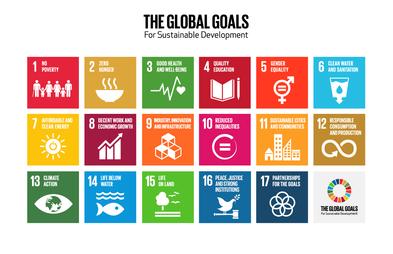
The conference themed: “Localising the SDGs in Nigeria: The Role of CSOs and other Key Actors” was aimed at increasing awareness about the SDGs and driving conversations on how CSOs can be at the forefront of implementation of Agenda 2030 as well as building a common understanding of the transformational opportunities the SDGs present to Nigerian CSOs.
While delivering welcome remarks at the conference, Ambassador Caroline Usikpedo-Omoniye said the idea behind the civil society forum on SDGs came about in July 2017, in the aftermath of the United Nations High Level Political Forum on SDGs where Nigeria presented a voluntary national report and the need for more inclusive platform for CSOs to engage the implementation of the SDGs was emphasized.
“While there are mixed views in civil society whether the 2030 development agenda can deliver on ending poverty, ending hunger and achieving food security, improving nutrition, ensuring healthy lives and promoting wellbeing, promoting gender equality, ensuring environmental sustainability, among other things,” said Usikpedo-Omoniye “it was unanimously resolved that civil society needs to play an active role in keeping the spotlight on these commitments, working on implementation, and holding the leaders accountable for the actualization of the goals.”
Usikpedo-Omoniye said until now debates about the SDGs had been largely concerned about the setting of the goals and their indicators while less attention was accorded to discussing the roles and responsibilities of the stakeholders adding that it was clear that governments alone could not achieve the agenda down to the grassroots.
“They must also facilitate the participation of all sectors of society including civil society organisations (CSOs), the private sector and the general public at the local level. This ‘localization’ calls for an inclusive approach that utilizes local knowledge to tailor the ambitious global-development agenda to specific local circumstances,” she said.


